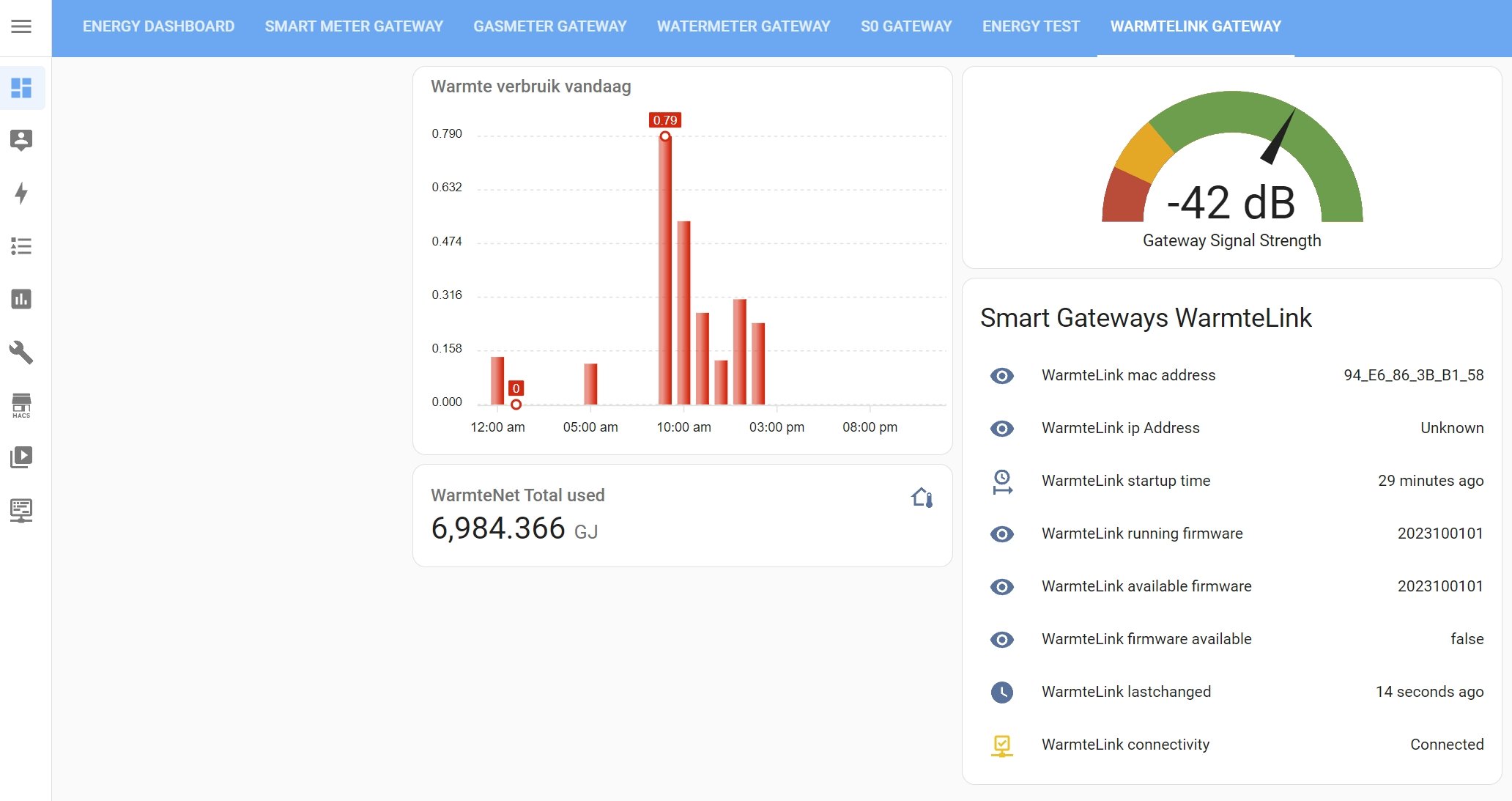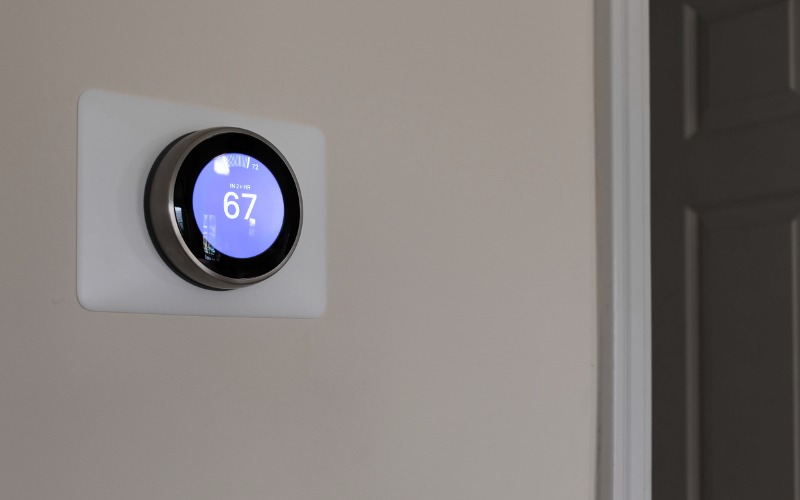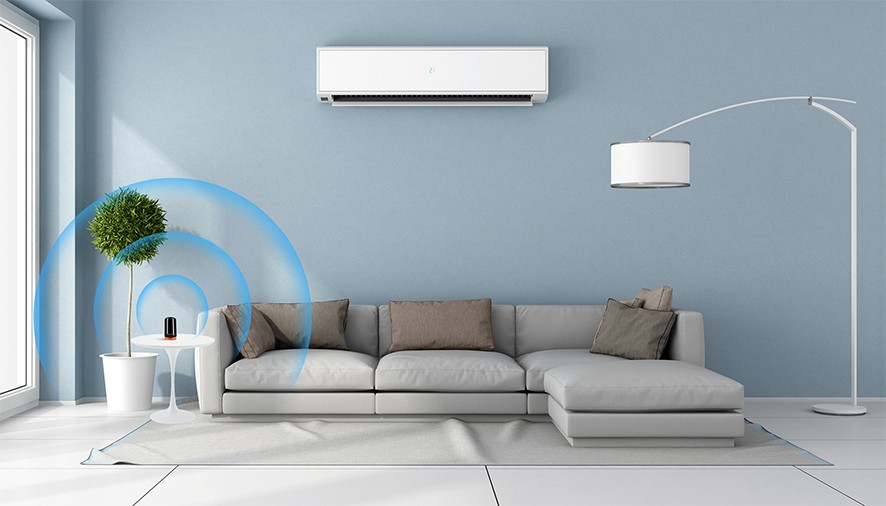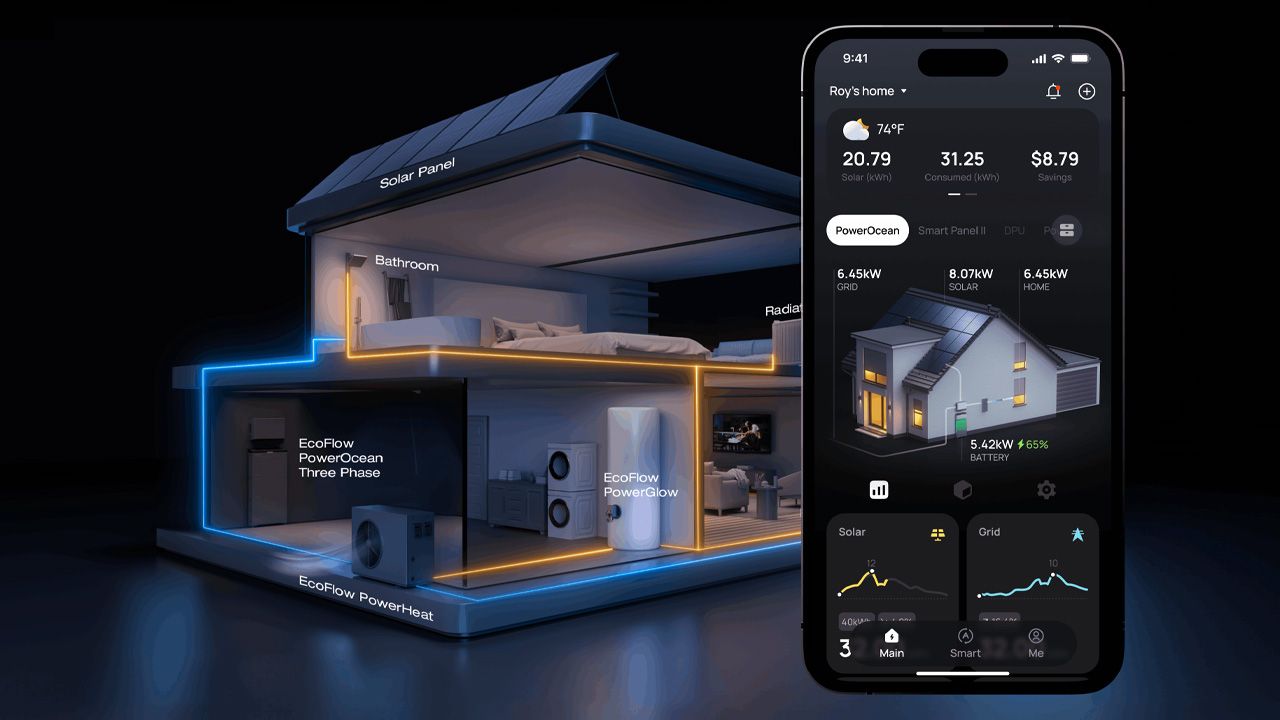In today’s world, where sustainability and efficiency are paramount, managing water consumption in smart homes has become both a necessity and an advantage. With the help of intelligent systems, it’s now easier than ever to monitor, control, and optimize how water is used throughout your home — from the garden to the bathroom. In this comprehensive guide, we’ll explore the best methods and technologies for smart water management in your home.
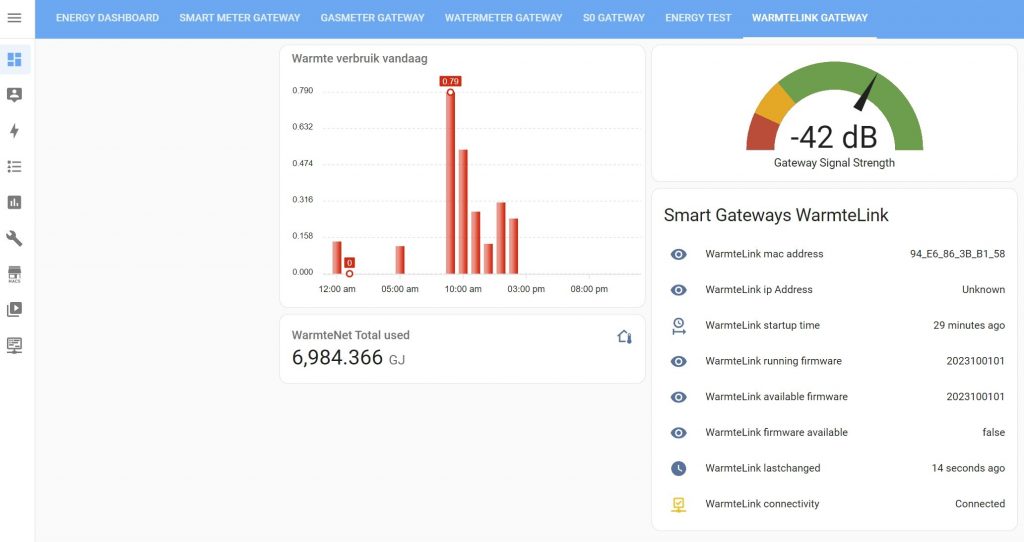
🌿 Smart Water Consumption in Smart Homes: Why It Matters
Water is a finite resource, and smart homes provide the perfect platform to reduce wastage and encourage eco-friendly habits. Smart water consumption in smart homes doesn’t just help the environment; it significantly lowers monthly bills, prevents property damage caused by leaks, and gives homeowners full control over water usage.
🚰 Smart Faucet Systems and Water Conservation
One of the most efficient tools for saving water indoors is a smart faucet system. These faucets use motion sensors or voice control to start and stop water flow, helping reduce unnecessary usage during tasks like brushing teeth or washing dishes. Some systems even provide temperature presets and usage data.
Key benefits of smart faucet systems:
- Automatic shut-off to prevent waste
- Reduced risk of leaving taps running
- Usage tracking and optimization
- Hygiene improvement through touchless control
🌼 Smart Garden Irrigation Systems
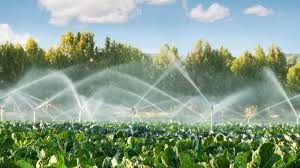
Outdoor water usage can be just as demanding as indoor consumption. Smart garden irrigation systems are designed to water plants and lawns more efficiently, using weather data, soil moisture sensors, and scheduling algorithms.
Advantages include:
- Watering only when necessary
- Integrating rainfall forecasts to avoid overwatering
- Zoned watering based on plant type and location
- Remote control via mobile apps
These systems are ideal for homeowners looking to maintain a lush garden without wasting water.
🧠 The Role of Smart Sensors in Water Management
Smart water sensors are critical components for monitoring real-time water consumption and detecting irregularities. These sensors are usually placed in bathrooms, kitchens, basements, or near appliances like washing machines and dishwashers.
They can:
- Detect leaks and alert users immediately
- Monitor flow rates and detect abnormal patterns
- Shut off water automatically in case of emergencies
By using smart sensors, smart homes gain a proactive defense against water damage and unnecessary consumption.
🛁 Smart Shower Systems and Consumption Control
Smart showers are another innovation that helps optimize water use in daily routines. They provide features like flow regulation, timers, and temperature presets.
With a smart shower, you can:
- Set a maximum shower duration
- Limit water flow to eco-modes
- Get reports on daily and weekly water usage
- Sync usage with voice assistants like Alexa or Google Assistant
📱 Mobile Apps and Water Consumption Monitoring
Most smart water management systems come with user-friendly apps that provide valuable insights into your daily, weekly, and monthly water usage. These apps often include:
- Usage breakdowns by room or device
- Leak alerts
- Water-saving recommendations
- Integration with smart home hubs (Google Home, Alexa, etc.)
Tracking usage helps families identify high-consumption habits and reduce unnecessary waste.
🔄 Automation and Smart Home Integration
By linking different systems together, smart homes can automate water-saving actions. For example:
- If a smart sensor detects a leak, it can immediately trigger the smart valve to shut off the water supply.
- Smart irrigation can pause if rain is forecasted.
- Smart lighting can sync with faucet usage to save energy alongside water.
Automation turns water management into a hands-free, intelligent process.
💡 Tips for Choosing the Right Smart Water Devices
To get the best out of your smart water consumption strategy, here’s what you should consider:
- Compatibility: Choose devices that work with your existing smart home ecosystem.
- User interface: Opt for systems with intuitive apps and dashboard analytics.
- Security: Devices should offer strong network encryption and secure cloud data.
- Brand reputation: Stick to trusted brands with good customer support and software updates.
- Battery life and backup: Especially important for sensors that work wirelessly.
👨👩👧👦 Who Benefits Most from Smart Water Management?
Everyone can benefit, but these groups might find it especially useful:
- Families with kids: Control and limit water play or excessive usage.
- Busy professionals: Monitor water use remotely and automate routine tasks.
- Elderly individuals: Prevent flood risks and ensure safe usage.
- Eco-conscious homeowners: Reduce environmental impact and conserve resources.
